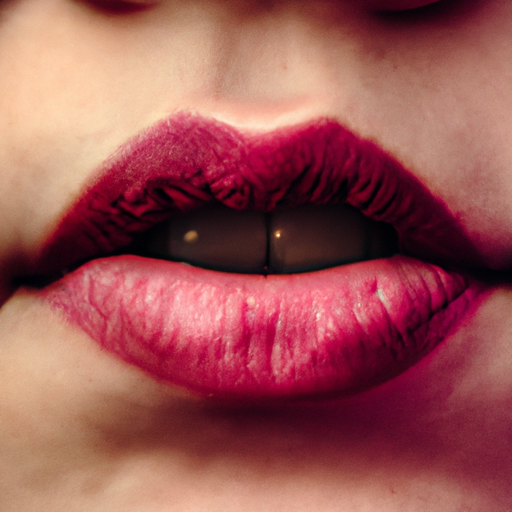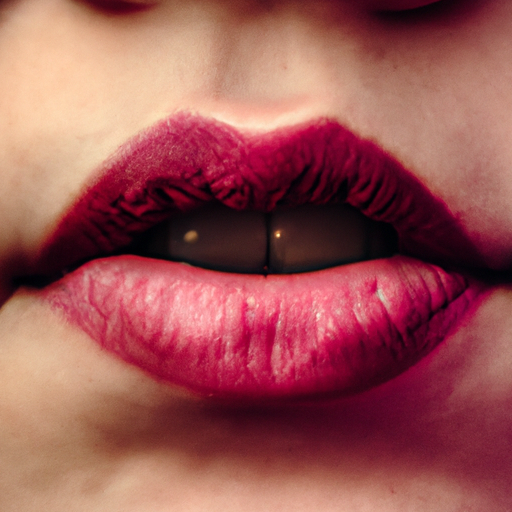Chapped lips, medically known as cheilitis, is a common condition that most people experience at some point in their lives. It is characterized by dry, flaky, and sometimes painful lips. Despite its prevalence, the reasons behind chapped lips remain a mystery to many. This article aims to unmask the mystery and unravel the reasons behind this condition.
The skin on our lips is thinner and more delicate than the skin on other parts of our body. It lacks the protective outer layer (stratum corneum) and oil glands that keep the skin moisturized. As a result, our lips are more susceptible to environmental factors that can cause dryness and cracking.
One of the primary causes of chapped lips is exposure to harsh weather conditions. Cold, dry air in the winter months can cause the lips to lose moisture, leading to dryness and cracking. Similarly, exposure to the sun’s ultraviolet (UV) rays during summer can also cause chapped lips. UV rays can damage the thin layer of skin on the lips, causing them to become dry and flaky.
Dehydration is another common cause of chapped lips. When the body is dehydrated, it lacks the necessary fluids to keep the skin moisturized. This can lead to dryness and cracking of the lips. Therefore, it is important to stay hydrated by drinking plenty of water throughout the day.
Certain lifestyle habits can also contribute to chapped lips. These include smoking, excessive consumption of alcohol, and a diet lacking in essential vitamins and minerals. Smoking and alcohol can dehydrate the body, leading to dryness in various parts of the body, including the lips. A diet lacking in vitamins A, B, and C can also lead to chapped lips as these vitamins are essential for maintaining healthy skin.
Moreover, certain medications and medical conditions can also cause chapped lips. Some medications, such as those used for acne or high blood pressure, can cause dryness in the body, including the lips. Medical conditions such as diabetes, hypothyroidism, and Sjogren’s syndrome can also lead to chapped lips.
Lastly, a common but often overlooked cause of chapped lips is lip licking. While it may seem like a quick solution to dry lips, it actually exacerbates the problem. Saliva contains digestive enzymes that can break down the thin layer of skin on the lips, causing them to become dry and chapped.
In conclusion, chapped lips are caused by a variety of factors, ranging from environmental conditions to lifestyle habits and medical conditions. Understanding these causes can help in preventing and treating this common condition. It is important to protect the lips from harsh weather conditions, stay hydrated, maintain a healthy diet, avoid harmful habits such as smoking and excessive alcohol consumption, and seek medical advice if chapped lips persist despite these measures.




